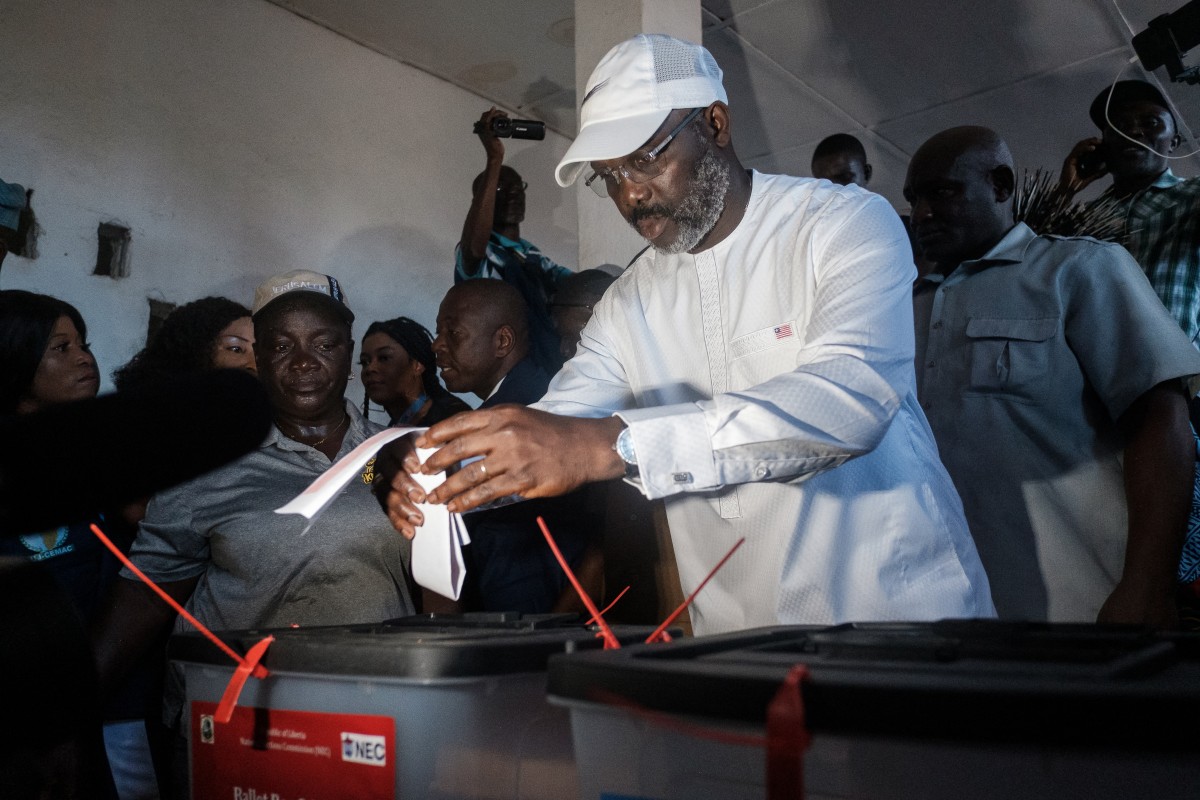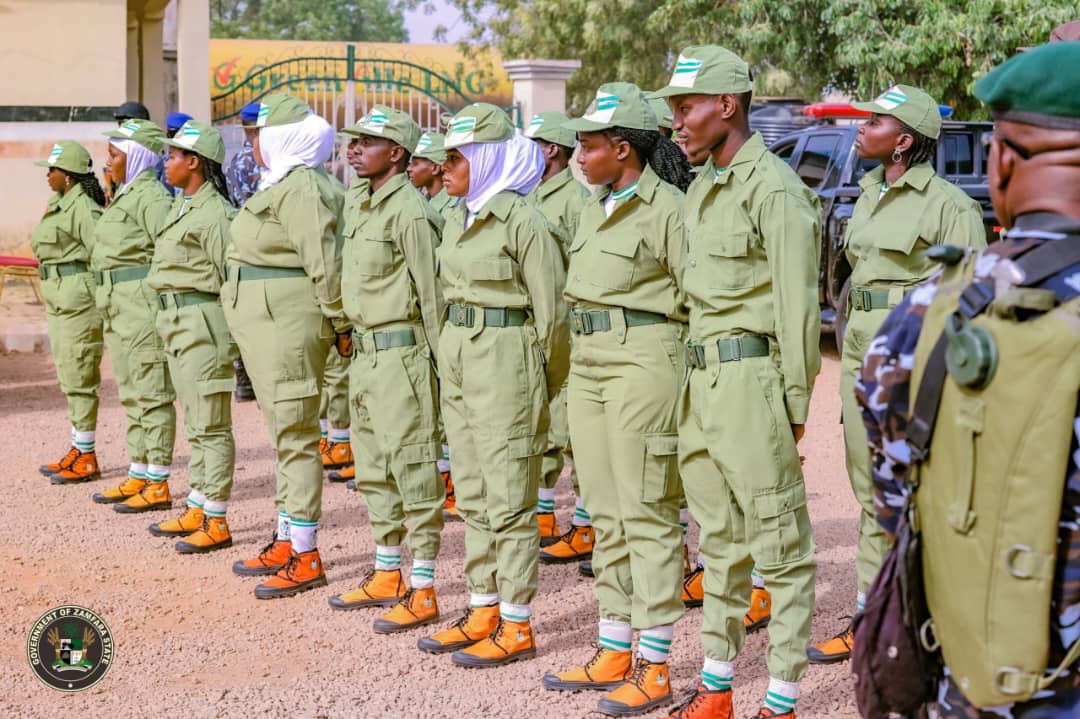
For a long time, political transition has been a serious issue in Africa. Elections are often turned into a theater of warfare as incumbent political leaders wouldn’t want to concede to electoral defeats easily.
It is almost rare in Africa for an incumbent President to lose an election. It is sacrilegious!
The ugly trend has sadly led to the existence of an array of sit-tight-leaders who hold on to power at all cost on the continent. And the list is pathetically extensive.
In Cameroon, 90-year old President Paul Biya has been in the saddle for 41 years. He has been the country’s President since 6th November, 1982, having previously been Prime Minister from 1975 to 1982.
In Sudan, after 30 years, Omar Al-Bashir’s reign ended almost the same way he started. The Sudanese longtime president, who seized power in a military coup on June 30, 1989 stayed in office till April 1989 when he was overthrown and arrested by the armed forces.
The story is not any different in faraway Angola where Jose Eduardo dos Santos, 75, has been President since 1979, after the country’s first post-independence president, Agostinho Neto, died.
After a peace deal signed in 1991, Mr. Dos Santos beat UNITA leader Jonas Savimbi in the first round of Angola’s first contested presidential election in 1992, but Savimbi rejected the result and resumed guerrilla war.
While some have praised the septuagenarian for leading the country to recovery after the end of its 27-year civil war in 2002, others accuse him of authoritarianism, overstay in office and failing to distribute the proceeds from the oil boom more widely.
Detractors indicted him of being gradually dictatorial when he chose his daughter, Isabel, as the Head of the country’s oil company, Sonangol.
In Gambia, Yahya Jammeh was forced to leave after he had refused to step down following his defeat in the December 2016 election. He went into exile after a last minute diplomatic push and threat of military invasion by ECOWAS troops.
Yoweri Museveni, 79, became Uganda’s president in 1986. With five presidential terms in office, Museveni claims Uganda is one of the most democratic countries in the world. In 2005, the constitution was changed to allow him to extend his time in office.
Museveni was re-elected in 2016 in an election overshadowed by arrests of politicians and allegations of rigging. Police carried out multiple arrests of opposition activists, including his closest rival, Kizza Besigye, during the vote.
During one of his re-election bids, when he addressed the issue of stepping down, for a younger generation of leaders, he asked: “How can I leave a banana plantation that I have planted when it has started bearing fruit?”
That, of course, is the skewed mentality of some African leaders. He sees his nation as a private property. He sees his people as a conquered species. He sees his country’s resources as a booty to be plundered and used for his fancy. Obviously, for him, the harvest is still not over as he has continued to rule over the country for 37 years!
That, indeed, has been the messy state of political leadership in Africa where leaders don’t really know when to quit. Oh, that God will give Africa more of noble, selfless and visionary leaders like late President Nelson Mandela of South Africa. After spending a term in office, Mandela opted to step aside, stressing that his country needed younger and more vibrant leaders. Here was a man who spent almost his entire life fighting for the emancipation of his nation.
Can Africa yet experience the privilege of having such leaders?
Well, it is not totally gloomy for our beloved continent. There still remains a glimmer of hope that Mother Africa will not be like the biblical Nazareth that someone exclaimed had nothing good to offer.
Can anything good come from Africa?
Yes. It can! A new Africa is possible.
A few days back, Liberian President, Mr. George Weah gave Africa hope. He changed the sordid African political narrative by conceding defeat to his main opponent, at the recently concluded presidential poll, Ambassador Joseph N. Boakai.
What really made the scenario quite ‘unAfrican’ by every standard is that President Weah conceded defeat while vote counting was still on.
Is that possible? In Africa? Yes, it is. And it happened. President Weah made it happen.
Hear him:
“I stand before you tonight with a heavy heart, but with the utmost respect for the democratic process that has defined our nation.
“The results announced tonight, though not final, indicate that Ambassador Joseph N. Boakai is in a lead that is insurmountable.
“A few moments ago, I spoke with President-elect Joseph N. Boakai to congratulate him on his victory and to offer my sincere commitment to working with him for the betterment of our beloved Liberia.
“I extend my heartfelt congratulations to President-elect Boakai, his supporters, and his campaign team. May his presidency be marked by success for all Liberians, and may our nation prosper under his leadership.
“Under my leadership, these elections were organized with a promise to the Liberian people – a promise of fairness, transparency, and credibility. I am proud to say that, for the most part, we have fulfilled that promise. The Liberian people have spoken, and their choice will be honored and obeyed.”
One thing that stands out in the above message is the ex-footballer’s deep rooted patriotism and unalloyed love for his people. Unlike the sit-tight African leaders of the old order, he cared more about his country and his people. It is not about him!
In a continent where political contests often end in bitter struggles, causing sharp and needless divisions among the people, President Weah has chosen to be different. He has chosen a path of honour and dignity. His historic concession of defeat was not just a personal feat; it was a crucial moment for his country, Africa and democracy.
He has proven that with men of great conscience like him democracy can flourish on the continent. Like former President Goodluck Jonathan of Nigeria, history will surely be kind to him and posterity will judge him right.
To deepen democracy in Africa, those that are entrusted with the process must not be self-seeking in their thoughts and deeds. They must be leaders who put their people first in all they do. They must be folks who will reason like former president Goodluck Jonathan that their ambition is not worth the blood of any of their compatriots.
Thank you, President George Weah, for making Africa proud! Thank you for choosing to be different in a continent where political leaders will rather ignite a needless civil war just to remain in office.
As for the impenitent sit-tight African leaders who have taken their respective nations hostage, the advice is for them to take a voyage to Liberia and learn the art of nobility from a noble man.
Ogunbiyi is a Director (Public Affairs), Lagos Ministry of Information & Strategy, Alausa, Ikeja
[ad unit=2]






